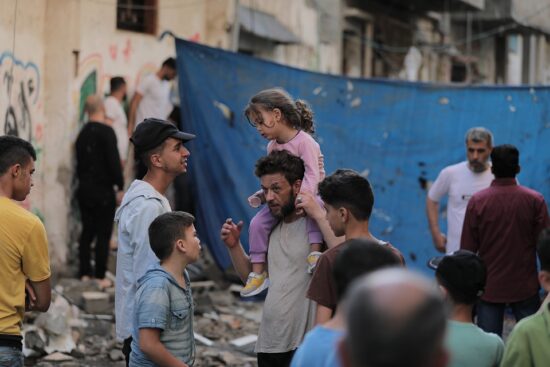Antimicrobial resistance surveillance and trends in armed conflict, fragile, and non-conflict countries of the Eastern Mediterranean Region
The WHO Eastern Mediterranean Region faces significant social, economic, and demographic challenges, with nearly half of its countries affected by conflicts that disrupt health systems. A study comparing antimicrobial resistance (AMR) rates and surveillance efforts in conflict-affected, fragile, and non-conflict countries found that conflict-affected countries had weaker AMR surveillance and lower detection rates of BC-BSIs per million population. In conflict zones, Acinetobacter spp. and S. aureus represented a higher proportion of BSIs compared to non-conflict countries. Tailored strategies are needed to restore infrastructure, strengthen surveillance, and mitigate the long-term impact of AMR in these zones.
AMR NEWS
Your Biweekly Source for Global AMR Insights!
Stay informed with the essential newsletter that brings together all the latest One Health news on antimicrobial resistance. Delivered straight to your inbox every two weeks, AMR NEWS provides a curated selection of international insights, key publications, and the latest updates in the fight against AMR.
Don’t miss out on staying ahead in the global AMR movement—subscribe now!







